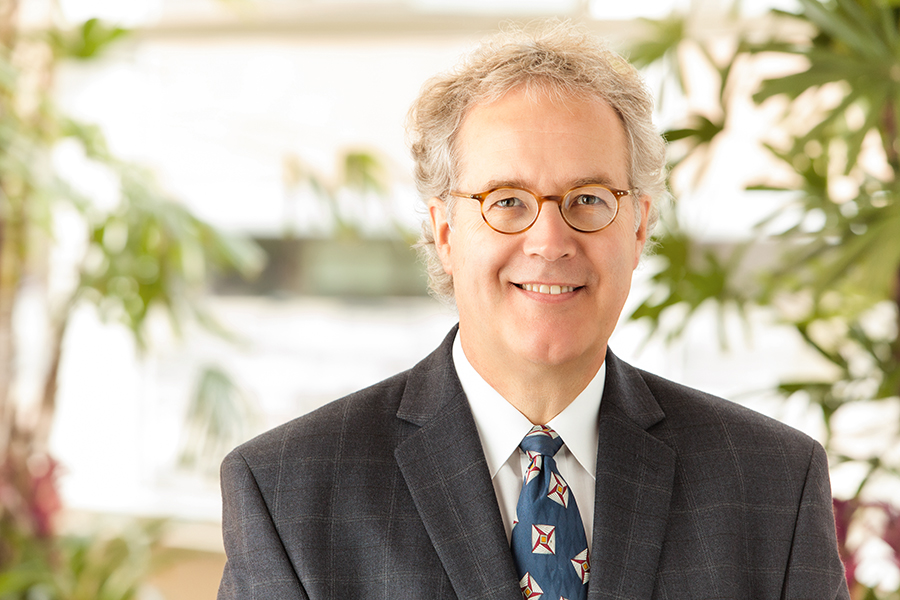Kim F. Duncan, MD, FACS
Professor, UNMC Department of Surgery
Division of Cardiothoracic Surgery
Medical Director, Clinical Perfusion Program, College of Allied Health Professions

Dr. Duncan has been a congenital heart surgeon for more than 35 years, with all but seven years at UNMC and Children's Nebraska in Omaha. He is now mostly retired from clinical surgery except for discussing cases and occasionally assisting his young colleagues in the operating room at Nebraska Medicine.
His main focus is on surgical education and surgical simulation for medical students, residents and cardiothoracic fellows as well as students in the clinical perfusion program. He also participates in translational research concerned with donor organ recovery and preservation.
Dr. Duncan is certified by the American Board of Thoracic Surgery (thoracic surgery and congenital heart surgery), Royal College of Physicians and Surgeons of Canada (cardiovascular, thoracic and general surgery). He has lectured internationally and has authored two book chapters and more than forty manuscripts in peer-reviewed journals.
- MD: University of Alberta, Edmonton, Alberta, Canada
- Residency: General Surgery, University of Alberta Hospitals Edmonton, Alberta Canada
- Residency: Surgical - Medical Research Institute, University of Alberta Hospitals Edmonton, Alberta Canada
- Residency: Thoracic & Cardiovascular Surgery, University of Alberta Hospitals Edmonton, Alberta Canada
- Fellowship: Senior Surgical Registrar, Pediatric Cardiothoracic Unit, Great Ormond Street Hospital, London, UK
- Fellowship: Clinical Fellow, Pediatric Cardiothoracic Surgery, Hospital for Sick Children, University of Toronto, Ontario, Canada
- Fellow of the American College of Surgeons, 1991
- Royal College of Physicians and Surgeons of Canada, General Surgery, Cardiovascular and Thoracic Surgery
- American Board of Surgery
- American Board of Thoracic Surgery
Division of Cardiothoracic Surgery
University of Nebraska Medical Center
982315 Nebraska Medical Center
Omaha, NE 68198-2315